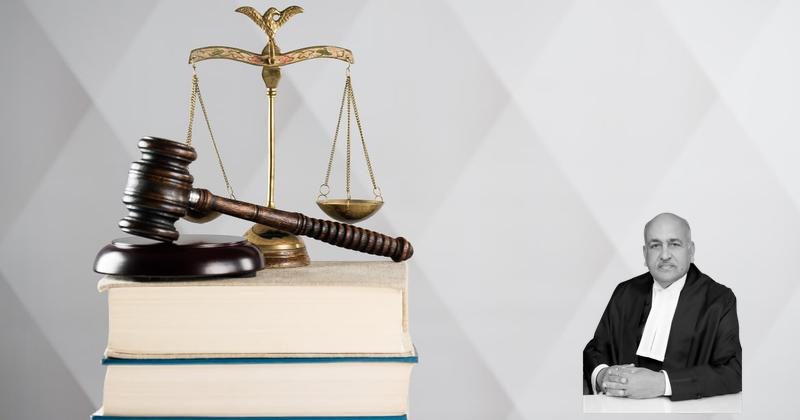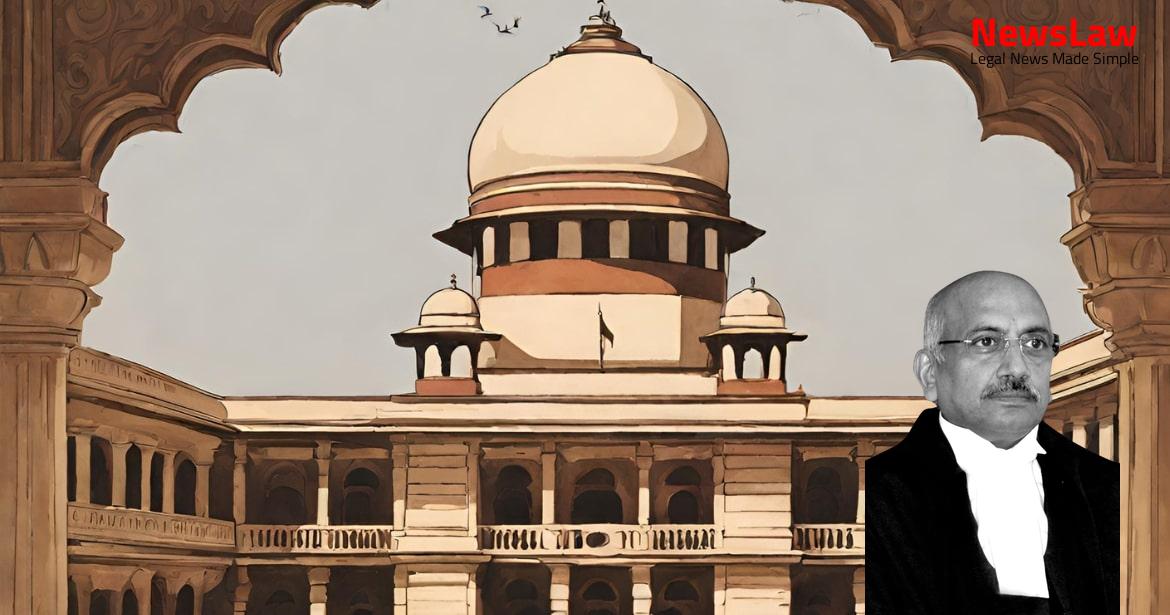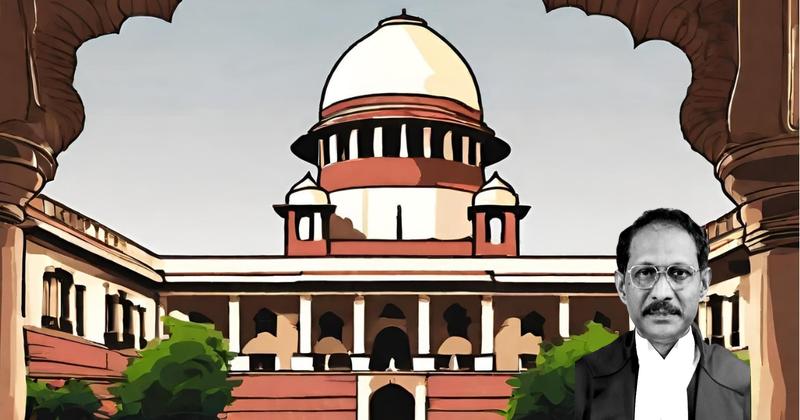On the basis of a Memorandum of Settlement dated 21.08.1989 entered into by the Ministry of Health and Family Welfare with the Joint Action Council of Service Doctors Organisation, a High-Power Committee was constituted on 03.05.1990 with Shri R.K. The Government of India accepted the recommendations of the Tikku Committee dated 31.10.1990, in respect of allopathic doctors by Office Memorandum dated 14.11.1991. After the implementation of the recommendations of the Tikku Committee dated 31.10.1990 in respect of allopathic doctors, in the State of Gujarat by the Government Resolution 4 dated 17.10.1994, the Local Fund Audit, Ahmedabad sought clarifications, vide letters dated 04.03.1998 and 21.04.1998, as to whether the same benefits are available to non-MBBS medical officers holding qualifications such as G.A.F.M/LMP. The respondents herein who were originally appointed on adhoc basis, under the ‘Community Health Volunteer Medical Officers Scheme’ floated by the Government of India and who were later absorbed by the State of Gujarat in May- 1999, filed 4 writ petitions on the file of the High Court of Gujarat seeking extension of the benefit of higher scales of pay on the basis of the recommendations of Tikku Pay Commission.
But the Division Bench of the High Court dismissed all the intra-court appeals holding, (i) that both MBBS and non-MBBS doctors form part of the same cadre and hence no discrimination is permissible within the cadre on the basis of educational qualifications; and (ii) that the non-MBBS doctors were also discharging the same duties and functions discharged by MBBS doctors and were even manning primary health centres 6 independently and that therefore they were entitled to equal pay. Hearing expedited.”
Claiming that the above interim direction issued on 08.09.2014 was not complied, a batch of contempt petitions was filed in the year 2016.
This however does not appeal to us and we are inclined to agree with the findings of the Tribunal and the Delhi High Court that the classification is discriminatory and unreasonable since doctors under both segments are performing the same function of treating and healing their patients. The order of AYUSH Ministry dated 24.11.2017 extending the age of superannuation to 65 Years also endorses such a view. Hence, the order of AYUSH Ministry (F.No.D14019/4/2016-E-I(AYUSH)) dated 24.11.2017 must be retrospectively applied from 31.05.2016 to all concerned respondent-doctors, in the present appeals.
During the pendency of the writ petitions, the Ministry of AYUSH issued an order dated 24.11.2017 enhancing the age of retirement of AYUSH doctors also to 65 years, but with effect from 27.09.2017. Assailing the impugned order of the High Court, it is contended on behalf of the State that the recommendations of Tikku Pay Commission for enhancement of the scales of pay were per se applicable only to MBBS doctors; that the revision of scales of pay in favour of Allopathy doctors was warranted by the perennial shortage of Allopathy doctors; that the State Government had to fulfil its Constitutional obligation of providing adequate healthcare infrastructure to the citizens by recruiting qualified MBBS doctors, but the State could not attract sufficient talent, due to the poor pay structure; that in contrast, the State was never running short of AYUSH doctors and hence there was no necessity to lure qualified AYUSH doctors to come to service; 11 that there is no impediment in law for providing different scales of pay to persons employed in the same cadre, based upon the qualifications; and that the High Court miserably failed to appreciate the completely different nature of duties and responsibilities performed by Allopathy doctors and AYUSH doctors and that therefore the impugned order is wrong, both in law and on facts. In response, it is contended by the learned counsel for the respondents that both Allopathy doctors and AYUSH doctors are appointed to the post of Medical Officer falling in Class-II of Gujarat Medical Services; that once persons with different qualifications are appointed to one unified cadre with a common pay scale and governed by one set of rules, then at a later stage, the Government cannot make a classification; that all Medical Officers, irrespective of their qualifications were discharging the same duties and responsibilities; that by the Government Resolution dated 01.01.1999, the recommendations of the Tikku Pay Commission were made applicable to non-MBBS degree holders working in the ESI Scheme; that it was only after the learned Single Judge allowed the writ petitions, that the State issued another Resolution dated 31.07.2013 withdrawing the 12 Resolution dated 01.01.1999; and that the findings of fact recorded by the learned Single Judge and the Division Bench of the High Court that both categories of doctors are performing equal work, does not call for any interference under Article 136 of the Constitution and that therefore the appeals are liable to be dismissed.
They are: (i) Whether different scales of pay can be fixed for officers appointed to the same cadre, on the basis of educational qualifications possessed by them? Narasinga Rao, which is one of the earliest cases to be considered by a Constitution Bench of this Court, the classification of two grades of Tracers, one for matriculates with a higher pay scale and the other for non- matriculates with a lower pay scale, was held by this Court to be not violative of Articles 14 and 16 of the Constitution. The High Court allowed the writ petition and the writ petitioner was granted higher scale of pay with retrospective effect. Dealing with the first contention we would like to observe at the outset that the principle of equal pay for equal work cannot be invoked or applied invariably in every kind of service and certainly it cannot be invoked in the area of professional services when these are to be compensated.
Girijambal (supra) was cited, the High Court, in the cases on hand, sought to distinguish the same on the ground that in the case of holders of GCIM, LIM and DAM, the State did not treat them equally in the matter of proficiency right from the beginning, but that in the case of non- MBBS degree holders and MBBS degree holders, the cadre remained the same. His claim was not considered, forcing him to approach this Court directly under Article 32 of the Constitution, contending that he was performing the same duties and functions as that of Speech Therapists and Audiologists. It was a case where language teachers in Haryana Government Vocational Education Institute sought parity in pay scale with teachers in higher secondary schools. Despite finding that the teachers in higher secondary schools had a higher educational qualification than those in Vocational Education Institutes, the High Court granted relief to language teachers working in those Institutes and the same was upheld by this Court. In Director of Elementary Education, Odisha vs Pramod Kumar Sahoo, this Court held that the classification based upon educational qualification for the grant of higher pay scale, is a valid classification. The Government filed an affidavit before the High Court contending inter alia :- (i) that while General Hospitals and Government Hospitals come under the Medical Services Department, PHCs, CHCs and Government dispensaries come under the Public Health Department; (ii) that in respect of medical services, doctors with MD/MS or postgraduate degree/diploma are appointed to Class-I specialist cadre; (iii) that Homoeopathy doctors are appointed to Class-III posts; (iv) that Ayurved doctors are appointed to Class-II posts; and (v) that there are lot of differences between the duties and responsibilities discharged by both these categories of doctors. Required to perform emergency duties and trauma cases, surgery cases and post mortem cases.
No emergency duty, cannot perform surgery and post mortem. The comparative chart extracted in paragraph 5 of the impugned order merely shows what these two categories of doctors “ can do ” and the different approaches that the different systems of medicine have towards persons suffering from various illnesses. By the very nature of the science that they practice and with the advancement of science and modern medical technology, 23 the emergency duty that Allopathy doctors are capable of performing and the trauma care that they are capable of providing, cannot be performed by Ayurved doctors. The Encyclopaedia Britannica states that the golden age of Indian medicine from 800 B.C., till 1000 A.D., was marked by the production of two medical treatises known as ” caraka-samhita ” and ” susruta-samhita “. The bricklayer performed a surgery, which was witnessed by Thomas Cruso and James Findlay, Senior British Surgeons in Bombay Presidency. The skin now brought down from the forehead and being twisted half around, is inserted into this incision, so that a nose is formed with a double hold above and with its alae and septum below fixed in the incision. Four, five or six days after the operation, the patient is made to lie on his back and on the tenth day bits of soft cloth are put into the nostrils to keep them sufficiently open.”
46.
But on the occasion of the opening ceremony of the King’s Institute of Preventive Medicine in February 1905 at Madras, the then Governor of Madras, Lord Ampthill, said the following:- “It is also very probable, so Colonel King assures me, that the ancient Hindus used animal vaccination secured by transmission of the smallpox virus through the cow, and he bases this interesting theory on a quotation from a writing by Dhanwantari, the greatest of the ancient Hindu physicians, which is so striking and so appropriate to the present occasion that I must take the liberty of reading it to you.
But today, the practitioners of indigenous systems of medicine do not perform complicated surgical operations. A study of Ayurved does not authorise them to perform these surgeries. Sub-section (5) of Section 176 uses similar words namely “ Civil Surgeon or other qualified medical man ”. Therefore, even while recognizing the importance of Ayurved doctors and the need to promote alternative/indigenous systems of medicine, we cannot be oblivious of the fact that both categories of doctors are certainly not performing equal work to be entitled to equal pay.
Case Title: STATE OF GUJARAT & ORS. ETC. Vs. DR. P A BHATT & ORS. ETC. (2023 INSC 434)
Case Number: C.A. No.-008553-008557 / 2014



